Brain Brush-up: Neurogenesis, Willpower’s Core, Blueberry Detox, Brain Train
Lightbulbs & Pearls | 016
Neurogenesis: Is it Possible to Regenerate Brain Cells?
I think one of the most feared aspects of getting older is cognitive decline, especially losing our memory. Sadly, the projected number of adults to be affected by these issues in the next decade has an upward trajectory, but neurogenesis could help to reduce those numbers.
Neurogenesis is the formation of new neurons in the brain. It’s almost hard to believe, but the majority of our brain’s cells is formed during the prenatal stage in the womb, with some additional neural cells created through infancy. Up until a couple of decades ago, conventional wisdom held that new cells did not grow in adulthood, but now there is a growing body of research that suggests otherwise.
Although this is an evolving area of investigation, current findings show that it is indeed possible to grow new brain cells as adults, primarily in the hippocampus region of the brain, the area associated with memory, learning and emotions. This is terrific news for longevity!
This ability to create brain cells is vital to the brain’s plasticity and cognitive function, previously thought to be an inevitable casualty of age. But now, there is hope that the brain can rewire itself by strengthening neural connections or creating new ones in response to stimuli such as new learning and experiences.
Even more encouraging, there is plenty of evidence that proves that there are practices we can easily do to encourage neurogenesis, with exercise being chief among them. Promising research out of the University of Chicago and the University of Pennsylvania both point to the potential benefits of aerobic exercise to increase the actual size of particular parts of the hippocampus, effectively reversing cell loss by one to two years.
Science also supports brain exercises that can help old cells survive and encourage the formation of new ones: learning novel subjects, trying new things, and immersing yourself to novel and interesting environments.
Hard Choices Build Your Brains Secret Weapon
And now for a bit of neuroscience from Dr. Andrew Huberman of the Huberman Lab podcast, which even that normally restrained host was downright giddy to share. (I have to confess my brain hurts a little from trying to digest this complex information and translate it to an easy-to-understand tidbit, but that’s actually a good thing!)
In his 2024 New Year’s Day episode, Huberman interviewed retired Navy SEAL, ultra-marathoner, and best-selling author David Goggins to discuss all things hard, challenging, and daunting. Unimaginably hard. Overwhelmingly challenging. Insurmountably daunting. From all accounts, Goggins has had an extraordinarily rough life. That is why Huberman was so pumped to share new data that he considers to be one of the most important discoveries in neuroscience.
The anterior mid-cingulate cortex is a small structure deep in the brain that helps to translate emotions into physical expression. It is the source of our willpower. That’s not the exciting part. The amazing discovery is that when people do things they don’t want to do, such as when a dieter resists eating a favorite food or someone who loathes ice baths but jumps in anyway, that region of the brain grows.
According to Huberman, “The anterior mid-cingulate cortex is smaller in obese people. It gets bigger when they diet. It’s larger in athletes. It’s especially large or grows larger in people who see themselves as challenged and then overcome those challenges. And in people that live a very long time, this area keeps its size. In many ways, scientists are starting to think of the anterior mid-cingulate cortex not just as one of the seats of willpower, but perhaps actually the seat of the will to live.”
The will to live. I’ve seen the light dim in a few of the older people I’ve known. The will to keep doing daily activities. Cook. Move. Brush their hair. Understandably people get tired. They give up and sit down in front of the television. Ultimately, the gravity of the end-of-life-whirlpool wins. I can see how cultivating a strong willpower leads to a long healthspan—a secret weapon in the longevity arsenal.
But there’s a caveat. It’s not one-and-done. Although the anterior mid-cingulate cortex grows from a challenging situation, without another taxing experience on its heels, it once again shrinks. This shouldn’t be a surprise. Anything worth having needs to be built and maintained. It is a constant state of challenging renewal. But that’s fine. What else do you have to do?
Blueberry Detox
Regular Ageosophy readers know that I am bananas for berries; I eat raspberries, strawberries, and blueberries nearly every day, typically as my lunch dessert. Although all three have far-reaching benefits, nutrient-dense blueberries—which are especially high in phytochemicals—have long been touted for having potent antioxidants and anti-inflammatory properties that maintain brain function and boost immunity, making them a longevity supertool.
I thought I knew all there was to know about these little brain-bolstering gems, but I recently came across information that adds to their superpower status: blueberries have proven detoxification abilities. The phytochemicals that guard against a plethora of diseases also give blueberries the potential to regulate the body’s detoxification system. In fact, the antioxidants in wild blueberries have been shown to help the body mop up the free radicals produced by heavy metals.
Incremental exposure to lead, mercury, chromium, arsenic, or aluminum through foods, water, air, and soil (nearly everything we come in contact with) can build up over time, disrupting normal cellular function. Acute poisoning can be immediately obvious, but chronic exposure symptoms may take years to manifest. Symptoms range from degenerative neurological disorders and emotional issues to general body weakness and malaise to cancers and diseases. Unless a person is specifically tested for heavy metals, symptoms could masquerade as many other ailments and go untreated.
It’s overwhelming and well-nigh impossible to try to know the entire contents of all we consume, but this type of information makes me optimistic that we can proactively make natural food and lifestyle choices that bolster our defenses against the invisible and unknown.
Train Your Brain Hourly
Every time a name slips my mind, or I wander into a room and forget what I was getting, I think, “Ohhhhh, noooooo. Here we go.” It seems to be happening more and more…or maybe I’m forgetting how much it used to happen. Anyhoo, safeguarding brain function is a top priority. I’m applying my theory of “a lot of a little,” which employs many small things or activities instead of relying on one big thing to be an end-all.
In addition to a healthy diet and daily exercise, there are a variety of small activities that I sprinkle throughout my day to challenge my brain in one way or another. For instance, silly as it may sound, standing on one leg can recalibrate your brain by forming new neural connections and strengthening the coordination between your eyes, ears, and muscles. So, when brushing my teeth or putting on my makeup, I stand on one leg, then the other. Incidentally, this also challenges balance, body alignment, and core strength…all longevity tools.
My husband and I walk most mornings, and we will change direction or go down a different street because this likewise prompts the brain to work differently. (By the way, walking while talking is also a challenge for the brain.) Then, throughout the day, I’ll get up from my desk every hour or so for a brain refresh: more movement and a change of scenery. Even going through the grocery store in a different direction is a micro-challenge for the brain.
At the end of the afternoon, I step away from the computer and read a book for about 30 minutes. I have a stack on health, wellness, and longevity, and I’m making my way through a book on writing (which is a new foray for me); whichever I chose, I’m learning something new and trying my darnedest to retain it.
Afterward, if I have time before making dinner for my guys, I grab the iPad and settle in for a round of Elevate, a “personal brain trainer” that has been rated Apple’s App of the Year. I quite enjoy its 40+ games of reading, writing, speaking, memory, and math. The games are very well designed: visually beautiful, engaging, and all different. Naturally, the app tracks progress in an encouraging way—which is motivational—and the games get progressively more difficult as you improve. Using it has highlighted my weak points, such as name recall (I. Am. Terrible.) and math, which I’m forcing myself to muddle through. (My anterior mid-cingulate cortex is growing!) I have found these games to be a great way to add fun and variety while stretching and training my brain!





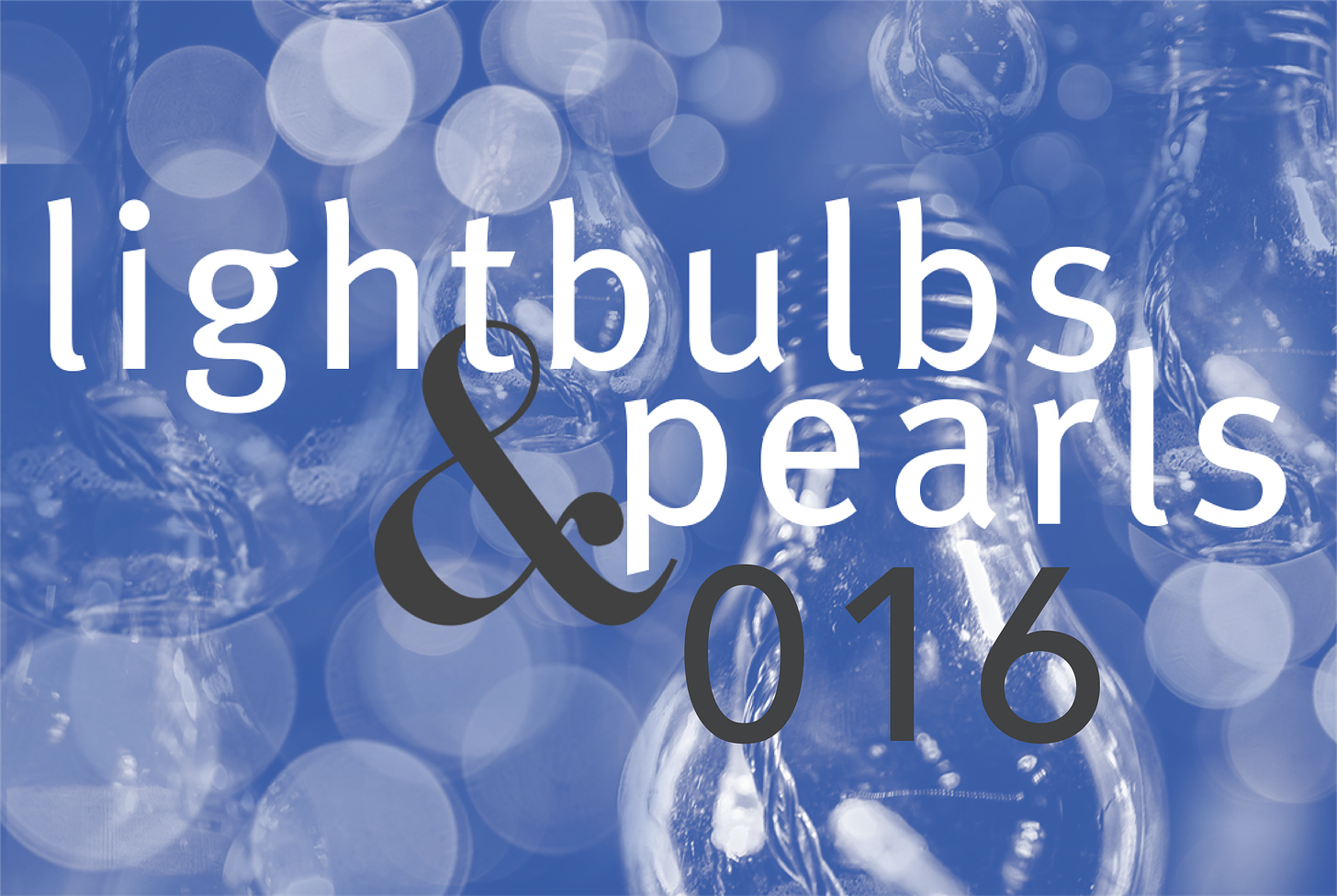

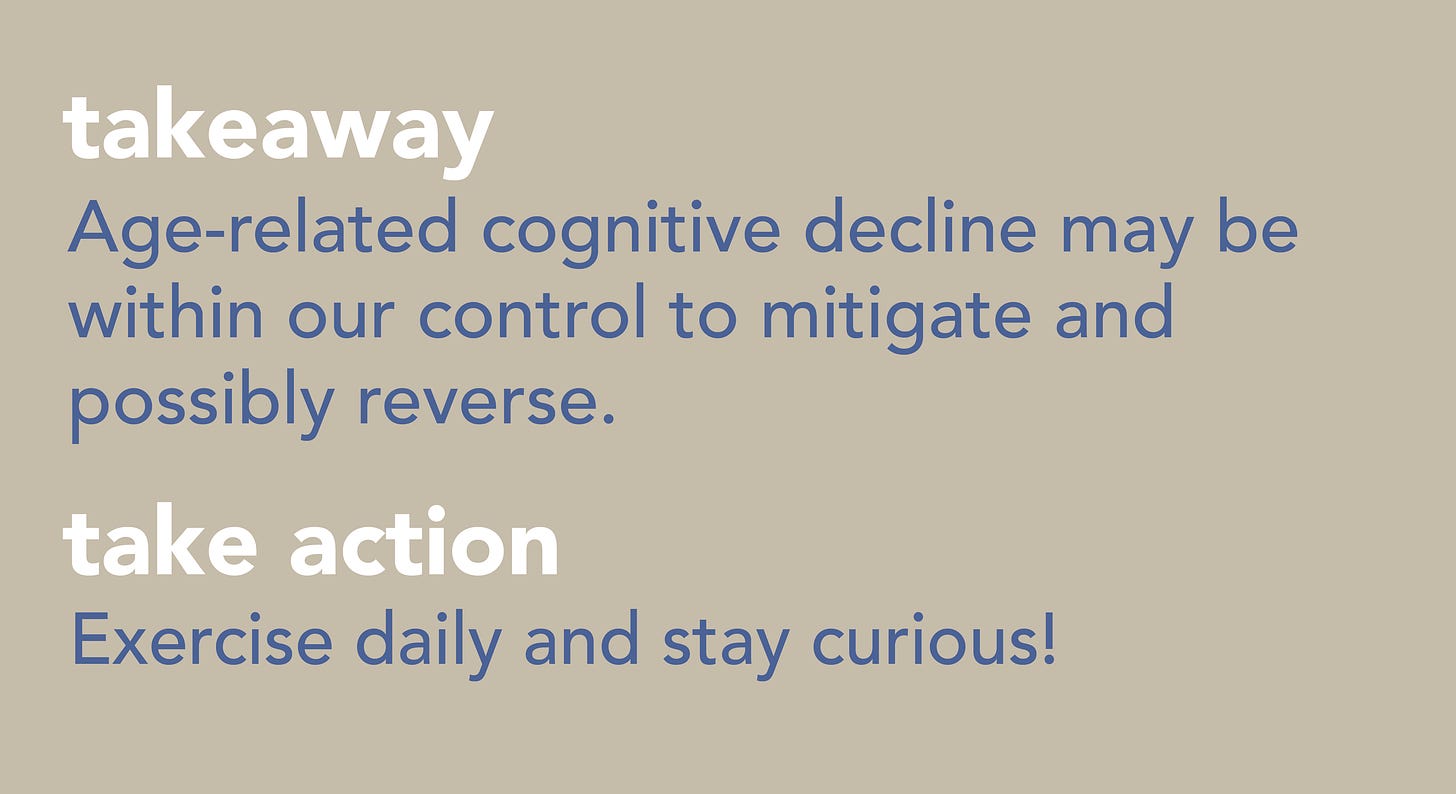

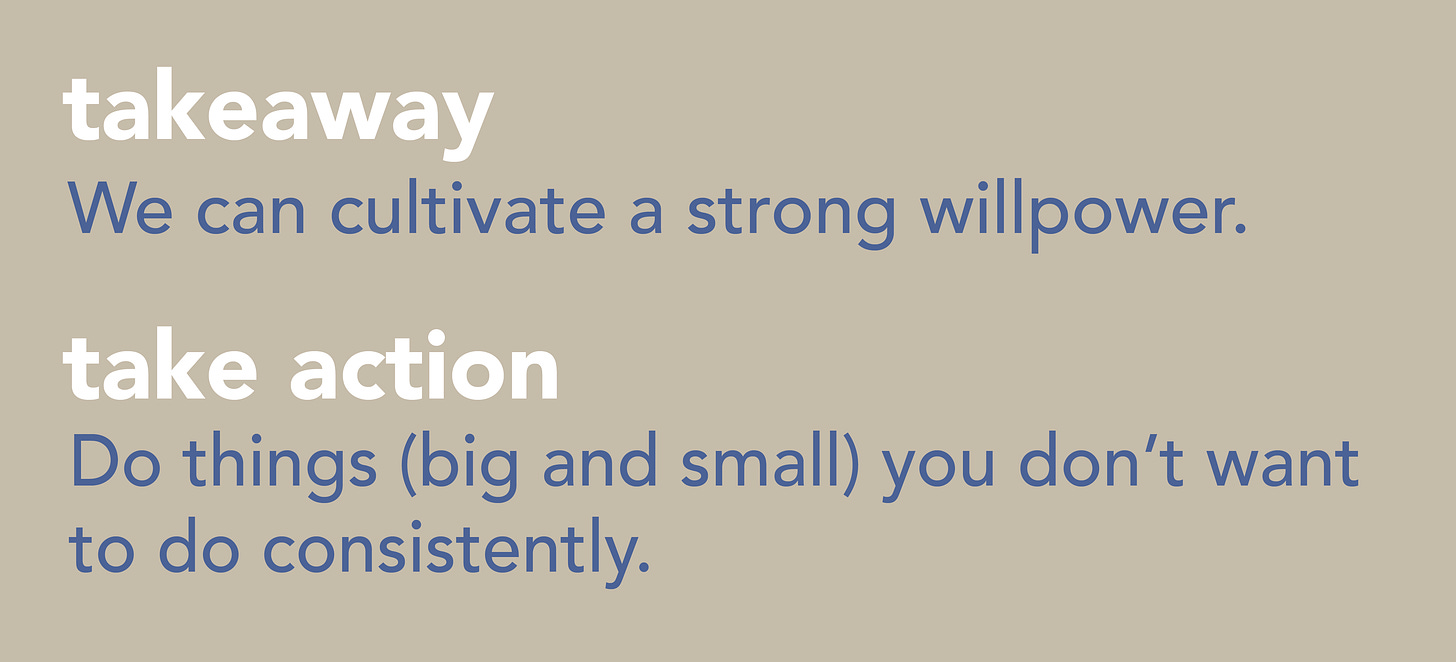

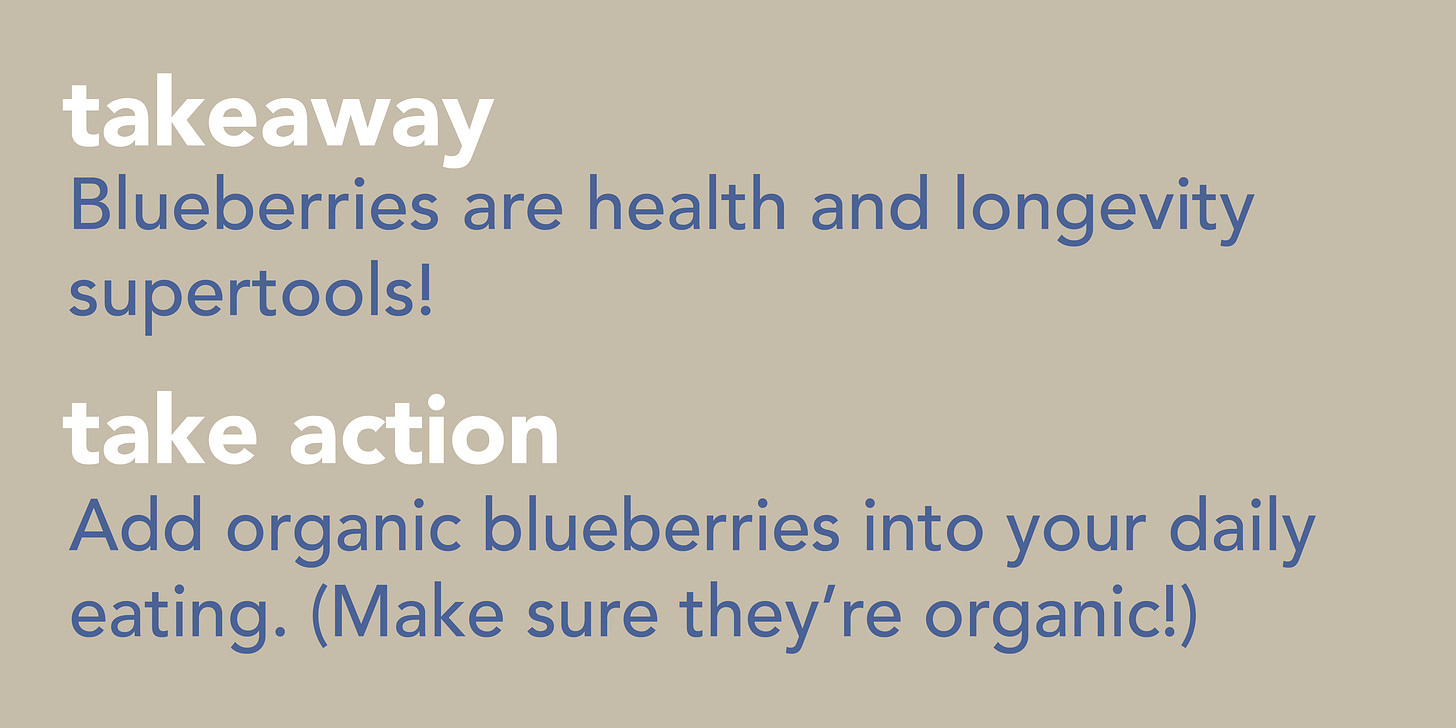

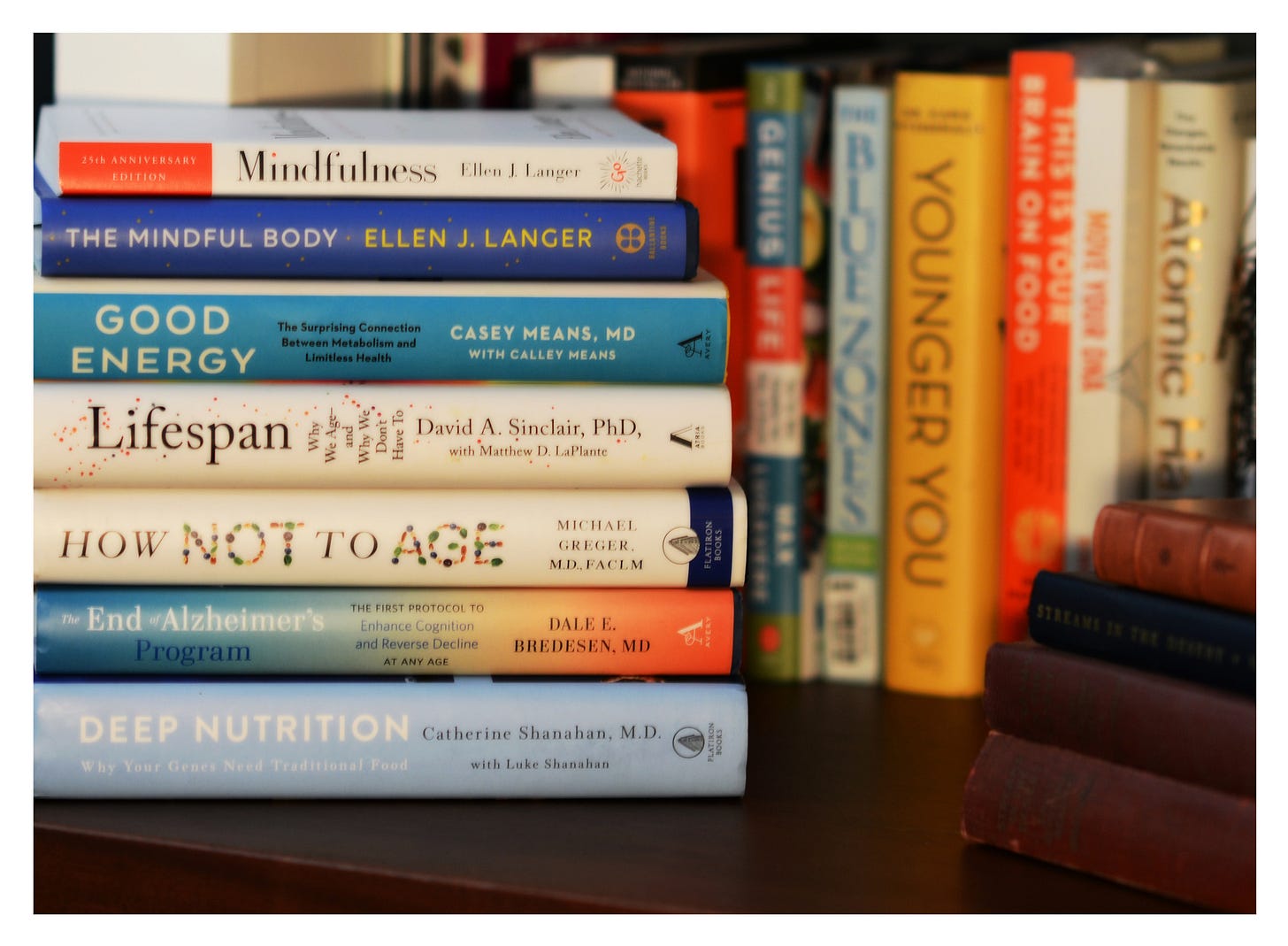
Thank you, Lisa. I have seen Luminosity and I'll look at it again. I'd like ot rotate between a couple of different apps to stay on my toes! Thanks for reading!
Loved it! Loads of little suggestions--just what I need for inspiration. I wanted to mention another "brain train" app, Lumosity. It's been around for years. I used to be a devotee but have let the lightbulb dim. I'll pick it up again--and try Elevate, too. Thanks!!